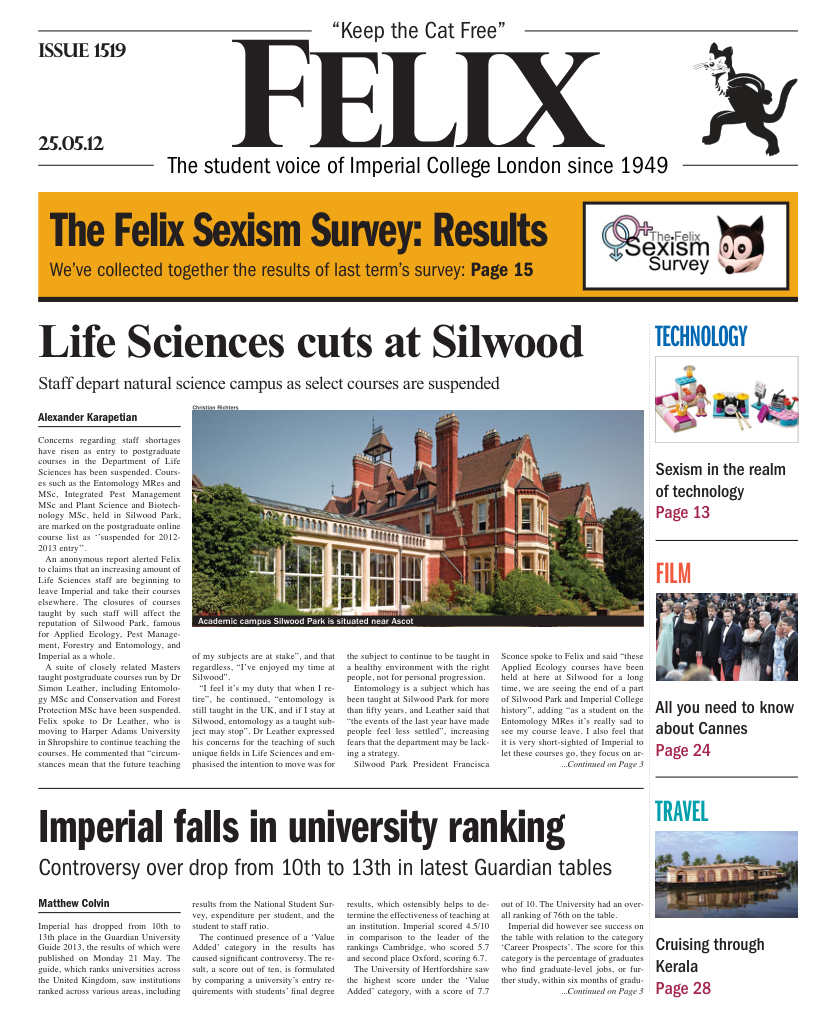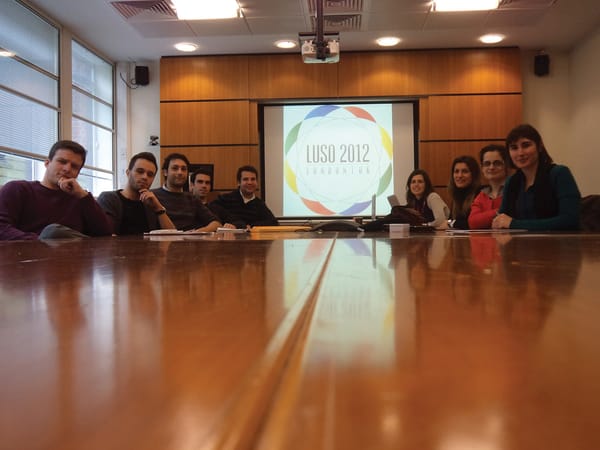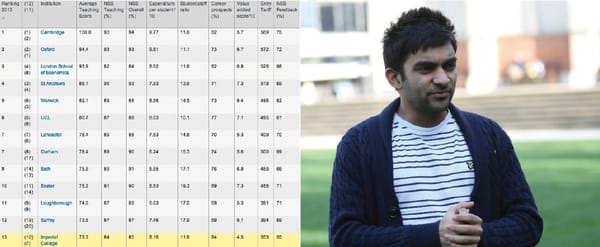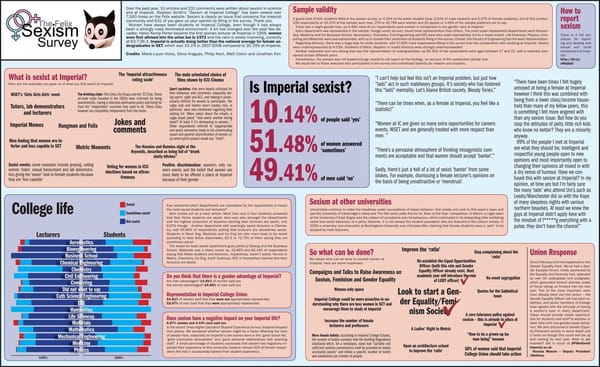Scientists protest to protect research
Imperial professor chief organiser of campaign
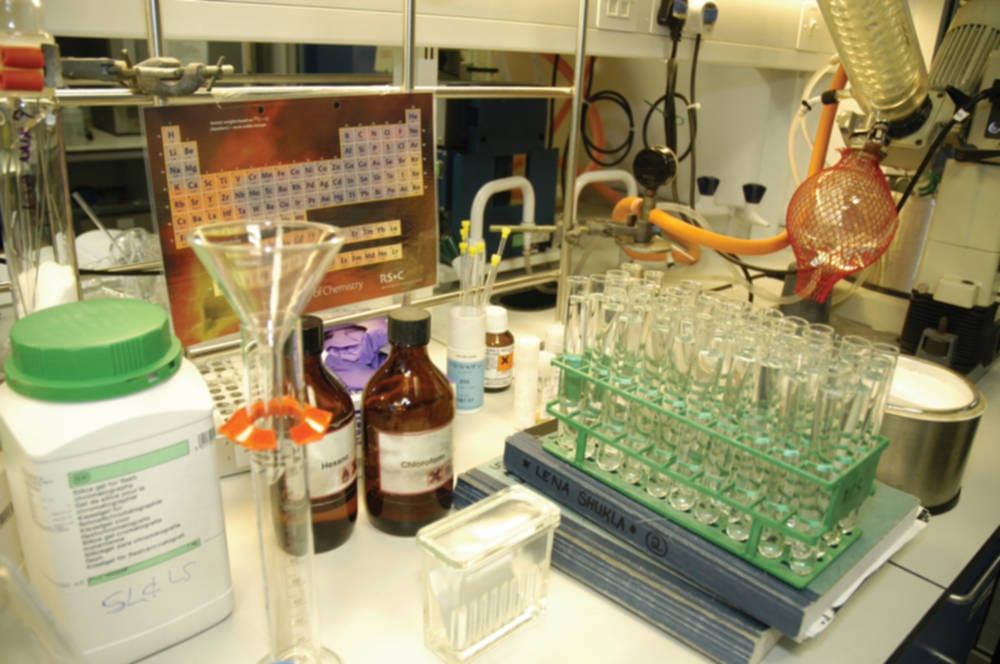
On Tuesday 15 May, around 80 physicists and chemists from around the UK held an unusual protest against their research funder by parading a coffin and a horse-drawn hearse down London’s Whitehall to Downing Street.
The protest marked the start of the Science for the Future campaign which is fighting for the reform of the Engineering and Physical Sciences Research Council (EPSRC). The protesting scientists argue that a number of policies introduced by the council place British research in mortal danger.
The unpopular policies include a decision to stop funding PhD studentships on research grants, limiting fellowships to specific subjects and a ban on the resubmission of most rejected grant proposals. A new funding scheme also means that more money is being allocated by EPSRC staff rather than through a peer-review process. The council’s “National importance” criterion, for which scientists must explain how their research might meet “national strategic needs” over 10-50 years, has also drawn much criticism.
Professor Tony Barrett, a synthetic-organic chemist at Imperial, is the chief organiser of the campaign, and has called for the chief executive of the EPSRC, David Delpy, to take action or step down. He described the moves by the council as a “Stalinist collectivization of science.”
I just don’t want taxpayers’ money to be spent on a top-down diktat programme emblematic of what went on in East Germany. Professor Tony Barrett
Prof. Barrett said, “I don’t want more money for science. I just don’t want taxpayers’ money to be spent on a top-down diktat programme emblematic of what went on in East Germany.”
The turnout of the protest was low with only 80 out of 8000 researchers funded by the EPSRC attending.
Prof. Barrett commented that, “A number of my colleagues were afraid to be here. They are concerned that their future grant proposals will be in danger.”
The protest has drawn criticism from some commentators including Professor Athene Donald of the University of Cambridge who argued, “They are not representing all of us and many of us do not agree with their stunt.”
The council also argued that the protesters were a small and unrepresentative minority of the scientific community.
They said, “If we are to continue to excel in areas of strength, we must take a strategic approach in how we invest – so we have the right balance of funding between different research areas, making sure the UK has the right national capability in core disciplines and is addressing major societal and economic challenges.”

